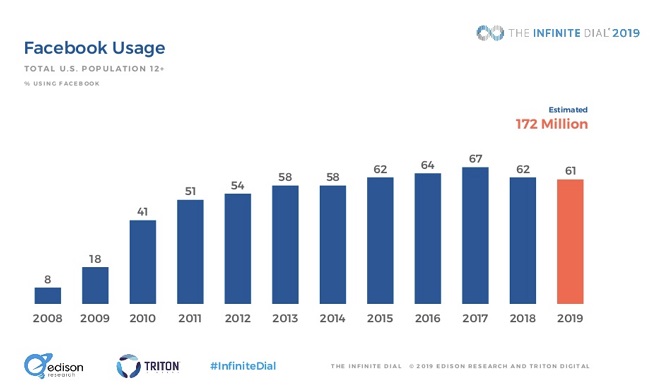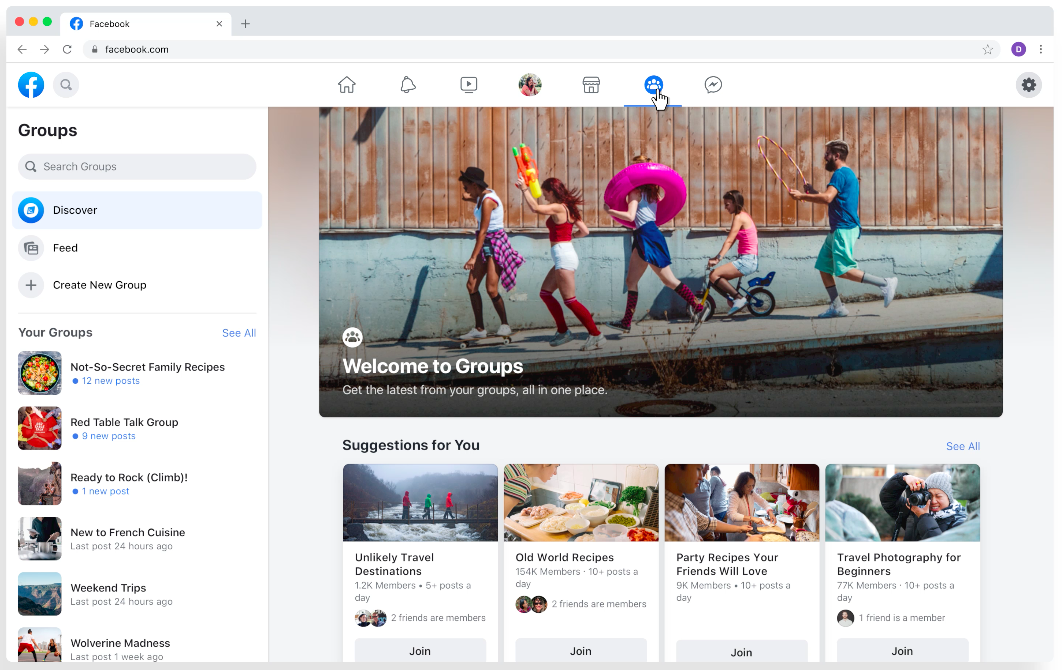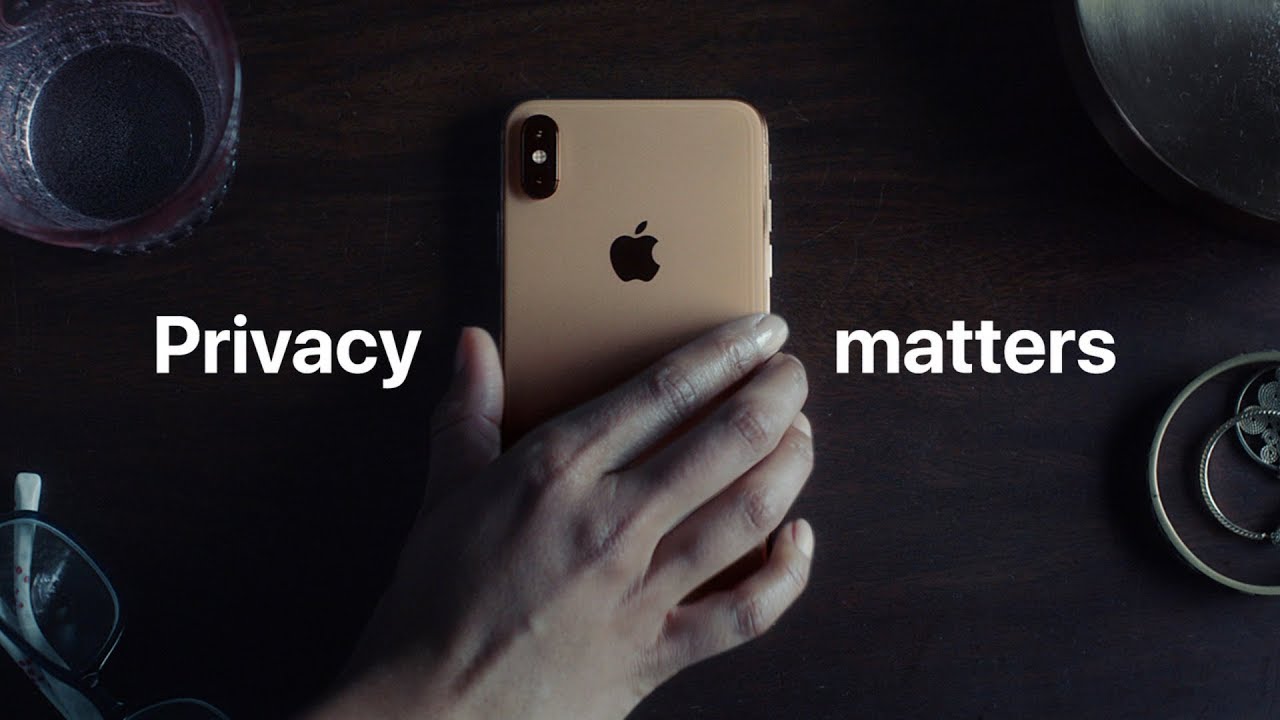How Safe is Facebook in 2019?
20 June 2019
By Sophie Barber
Google, Amazon and Facebook all collect phenomenal amounts of personal data from their users. This collection is facilitated by an implicit trust in these tech giants. We don’t mind them knowing everything about us as we assume they are ethical and that our data is safe. It’s also part of the trade-off which makes our lives more convenient.
However, over the past few years, people have become increasingly concerned about the role of Facebook in our lives. How safe is it? Who can access our personal information? Is it possible for data to be sold without our permission? These are important questions that we still don’t seem to have a completely concrete answer for.
For so long, Facebook has relied on the concept of providing a safe space for people to connect with friends across the world. But what happens if the trust fades?
The Facebook disaster story
Since the Cambridge Analytica scandal broke at the beginning of 2018, Facebook has taken a big hit in trust.

A graph showing the increase in active Facebook users up to 2017 and the subsequent decline of active users.
(Source: Edison Research)
Not only was the breach itself an issue, but the fallout was also poorly handled by Zuckerberg and the Facebook team. His so-called “apology ad” was criticised for shifting responsibility away from Facebook and Zuckerberg also didn’t handle the inquest particularly well, with many claiming that it was designed to get him off the hook without any real interrogation.
If there is a continuing decline in trust, it follows that there will be a continuing decline in usage. So, how does Facebook ensure that it remains seen as a safe social media platform?
Related: The Biggest Winners and Losers of 2018
Moving towards a privacy-first future
The natural conclusion to these types of privacy scandal is that data collection will need to become more regulated.
However, the main issue with this is the sheer scale of social media platforms like Facebook. Developments in AI might become more central in regulating and preventing security breaches as humans alone will struggle to ensure the safety of such a vast network.
Facebook and other social channels will be required to adapt to this new world of constant scrutiny over data collection processes by prioritising the user over the advertiser. There will need to be more control over how much data is shared with third parties.
Facebook has already shown signs of adapting to a new privacy-first world when it unveiled its redesign which focused on promoting group-based communications. It is likely that they will continue to rethink their model so that it has privacy at the forefront.

A look at Facebook’s new Groups page which is part of a redesign focused on prioritising privacy.
(Source: Later)
Following in the footsteps of Apple
The central issue with Facebook and Google is that they rely on user data to run their advertising. Data collection is a significant, if not the most significant, part of their business.
Apple, on the other hand, operates in a different way. Their business doesn’t require user data for advertising because they make money selling their hardware.
For example, if you take Apple Maps and compare it with Google Maps, Apple are far more concerned with prioritising user privacy and location data. Their service divides your route into scrambled sections on servers so that no one, not even Apple, knows your entire route. While they do collect some data from Maps, this is taken in segments. Google, on the other hand, track every movement of their Maps users.
As a result, Apple is generally seen as far more trustworthy and they can afford to prioritise privacy without consequence.
Related: Google Location Tracking: Is Big Brother Watching You?

Apple’s new advertising campaign is titled “Privacy Matters” and seems particularly relevant at a time when Facebook and Google are being criticised for not putting privacy first.
(Source: The Verge)
All of this raises questions around whether Facebook will be able to continue with its data-driven advertising model and whether it will need to make significant changes to the way it operates. Some have suggested that their business model may shift toward advertising in private messaging, but it could be harder to carry out data collection with high levels of encryption.
Does all this mean Facebook will be more safe?
Probably. But is it too little too late to win back the trust of users? Only time will tell.
SB.